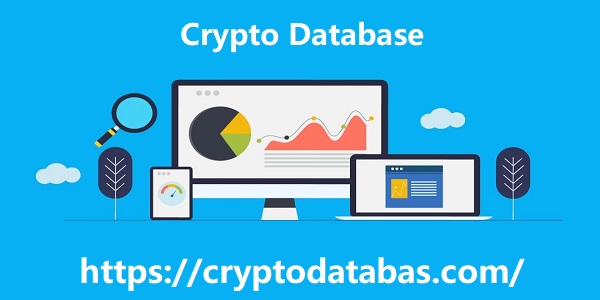Post by account_disabled on Mar 13, 2024 22:49:16 GMT -5
When starting out in the world of blogging and digital business, there may be concepts that you don't know, but don't worry, it's the most normal thing in the world if you've never used them. Also, don't think that they are things from another world. To help you understand these concepts about blogging and digital businesses, we have prepared a list of words that we recommend you consult every time you need it. It is very likely that you will find them in school supplies more than once, but don't worry, here we explain what each thing is. These 30 concepts that every blogger should know are terms that you will end up using daily as soon as you have your blog created. Let's see them one by one! This article may contain affiliate links that do not incur any cost to you, but help us maintain this blog and continue publishing valuable content. Every time you make a purchase through our links, you contribute your grain of sand to this community.
Domain Name by which anyone can access your blog (or website) on the Internet. This is accompanied by an etc. The name has to be unique and easy to remember. Example: Escueladeblogging.com 2. Hosting Space on an Internet server where your blog (or website) is hosted. For your blog or website to be accessible 24/7, it must be Crypto Database hosted in a space that works non-stop. On the Internet you can find many hosting service providers. The school and our travel blog are hosted on Siteground (which, by the way, we recommend 100% for the price-quality ratio), but there are also other providers such as Bluehost, Webempresa, Raiola or GoDaddy. Siteground icon Get your domain for FREE Hire your blog hosting at Siteground , our trusted hosting provider, and get the domain for your blog for FREE during the first year of hosting with them.

Content Management System Content management system through which the creation of a blog or a website is programmed, designed and executed. You've probably heard of WordPress , but there are other content management systems such as Blogger, Squarespace, Joomla, Prestashop, Shopify or Wix. 4. WordPress It is one of the most used content management systems (or CMS ) for creating blogs and web pages since it allows you to create a blog or website without having programming knowledge. WordPress has templates (themes) and plugins (add-ons) developed by a large community of designers and programmers. You can use many of these elements for free, although there are also paid ones (premium/advanced solutions). 5. Theme Template that will help you organize the information and design of your blog or website. This template contains the files that allow you to configure the elements that make up your website.
Domain Name by which anyone can access your blog (or website) on the Internet. This is accompanied by an etc. The name has to be unique and easy to remember. Example: Escueladeblogging.com 2. Hosting Space on an Internet server where your blog (or website) is hosted. For your blog or website to be accessible 24/7, it must be Crypto Database hosted in a space that works non-stop. On the Internet you can find many hosting service providers. The school and our travel blog are hosted on Siteground (which, by the way, we recommend 100% for the price-quality ratio), but there are also other providers such as Bluehost, Webempresa, Raiola or GoDaddy. Siteground icon Get your domain for FREE Hire your blog hosting at Siteground , our trusted hosting provider, and get the domain for your blog for FREE during the first year of hosting with them.

Content Management System Content management system through which the creation of a blog or a website is programmed, designed and executed. You've probably heard of WordPress , but there are other content management systems such as Blogger, Squarespace, Joomla, Prestashop, Shopify or Wix. 4. WordPress It is one of the most used content management systems (or CMS ) for creating blogs and web pages since it allows you to create a blog or website without having programming knowledge. WordPress has templates (themes) and plugins (add-ons) developed by a large community of designers and programmers. You can use many of these elements for free, although there are also paid ones (premium/advanced solutions). 5. Theme Template that will help you organize the information and design of your blog or website. This template contains the files that allow you to configure the elements that make up your website.
